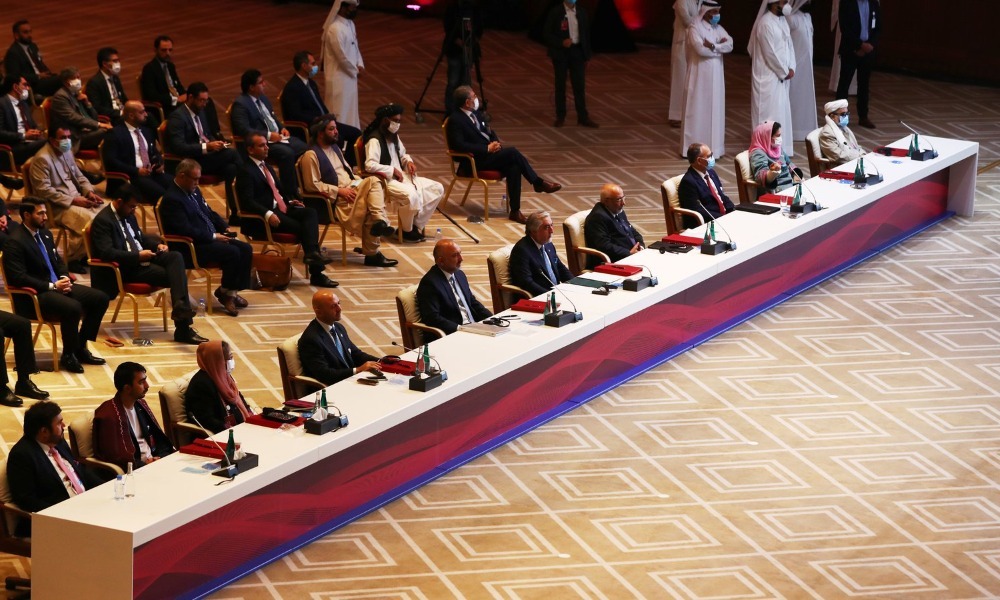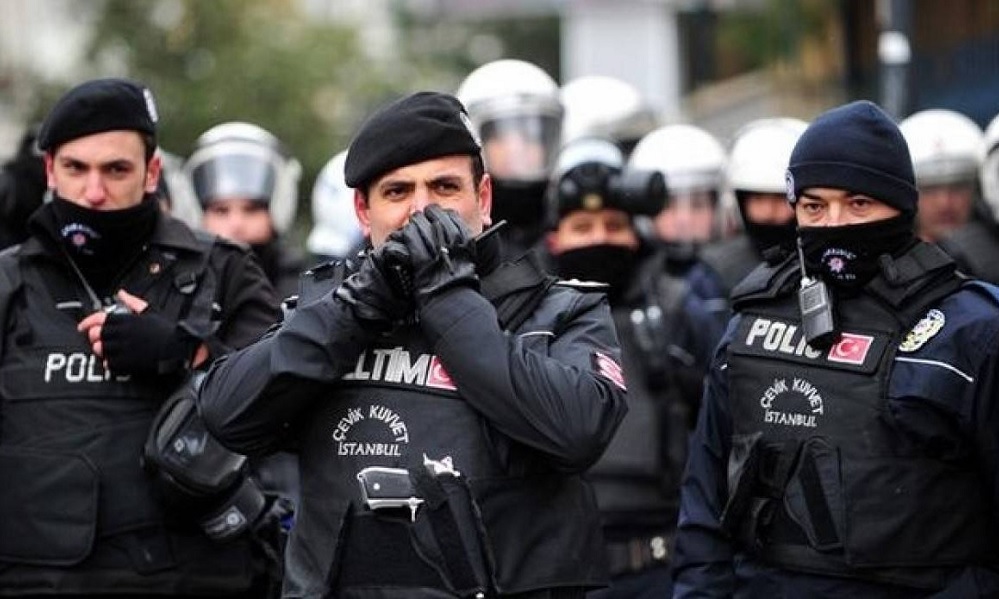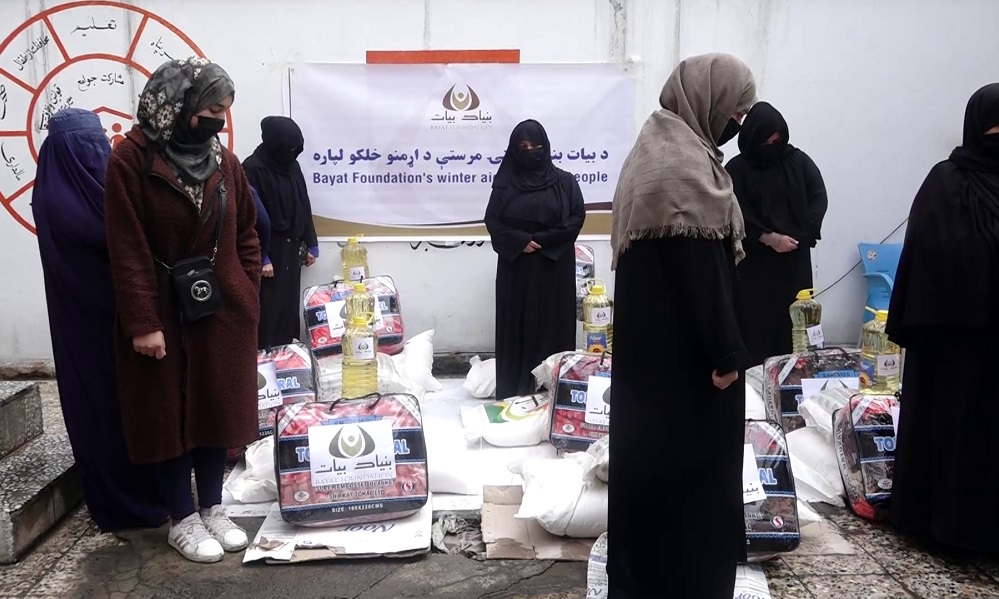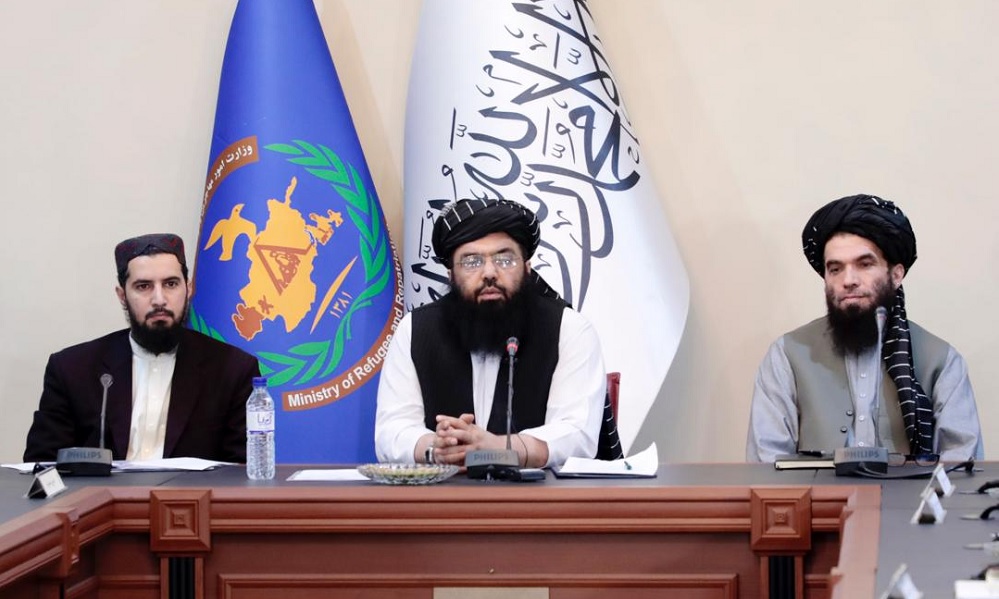Latest News
Progress stalls in Afghan peace talks as sides ‘await Biden’

Afghan peace talks that resumed four days ago are effectively on hold, sources from both sides said on Wednesday, as negotiators wait for President-elect Joe Biden to signal whether he will stick to Donald Trump’s aggressive schedule to pull out troops, Reuters reported.
This comes after a month-long break, which saw most, but not all, negotiators return to Doha last week for the resumption of talks.
A diplomatic source in Kabul told Reuters on Wednesday that expectations were low for progress before Biden takes office on January 20.
The sides “do not want to commit to anything before the 20th. They wanted to have the process going in the meantime because that was one of the requirements of the international community, so they have the process. But it is stagnant,” the diplomatic source said.
In an agreement signed between the US and the Taliban last year, Washington agreed to a full withdrawal by April this year.
The agreement was however conditions based and the Taliban is expected to meet certain security conditions before the last of the troops leave Afghanistan.
The Afghan government says these conditions have not been met while Biden and his advisors have so far given few clues as to their plans.
“We are waiting for the new US administration and their policies towards Afghanistan to see whether they would respect the peace accord,” a Taliban negotiator told Reuters on condition of anonymity as he was not authorised to speak publicly.
“If they don’t honour their commitment of withdrawing their forces as promised…then we would need to make tough decisions by appointing hardliners to key positions on the ground.”
After months of little progress, the sides finally agreed ground rules for talks late last year. The talks then broke up in December, in part to allow negotiators to return home for consultations with their leadership.
The sides announced last week they would re-start talks on Saturday. But so far only limited meetings between smaller teams called ‘contact groups’ have taken place, three diplomatic and Afghan government sources told Reuters.
About four key members of the Taliban negotiating team were not yet in Qatar, the group’s spokesman Zabihullah Mujahid told Reuters.
He said this was due to logistical issues travelling from remote areas where they were visiting family. They would arrive in the next few days and the delay would not affect the talks.
Some Afghan government negotiators were also not yet in Doha. One, who has been receiving treatment for cancer, told Reuters she planned to travel there this week.
Latest News
Turkish intelligence captures a Daesh member near the Durand Line

Turkish intelligence agents have captured a senior member of Daesh near the Durand Line, reportedly preventing planned suicide attacks in Turkey and other countries, according to Turkey’s state-run Anadolu Agency on Monday.
The suspect, identified as Mehmet Goren, is a Turkish citizen. He was apprehended during a covert operation and transferred to Turkey. Details on the timing of the operation or the involvement of Afghan and Pakistani authorities were not disclosed.
According to the report, Goren had risen through the ranks of Daesh and was allegedly tasked with carrying out suicide bombings in Turkey, Pakistan, Afghanistan, and Europe.
Daesh has a history of deadly attacks in Turkey, including the January 1, 2017 shooting at an Istanbul nightclub that killed 39 people.
Anadolu Agency reported that Goren’s arrest also provided intelligence on the group’s recruitment strategies and planned activities.
Latest News
Dozens of needy families in Kabul receive winter aid from Bayat Foundation

Dozens of needy families in Kabul’s fifth district have received essential winter assistance from the Bayat Foundation, as part of ongoing efforts to ease hardship during the cold season and worsening economic conditions.
According to foundation officials, the aid package includes staple food items such as flour, rice, and cooking oil, along with warm blankets to help families cope with freezing temperatures. Haji Mohammad Ismail, Deputy Head of Bayat Foundation, said the distribution began in Kabul and will soon be expanded to other provinces.
“Our assistance includes flour, rice, cooking oil, and blankets,” Ismail said. “Today, we started distributing these items in Kabul’s fifth district, and God willing, the aid will reach other provinces in the near future.”
Afghanistan continues to face widespread poverty, unemployment, and food insecurity, with many families struggling to meet basic needs, particularly during winter when access to work and heating becomes more difficult.Humanitarian organizations and charitable foundations have stepped up relief efforts to support those most affected.
Beneficiaries welcomed the assistance, describing it as a lifeline. “May God bless you for helping the poor. We had nothing and no work,” said one recipient. Another added, “Thank you for your help. Our flour was almost finished.”
Bayat Foundation officials stressed that winter aid distributions will continue in Kabul and other provinces in the coming days, as part of their broader commitment to supporting needy families across the country.
Latest News
Nearly seven million Afghan refugees return home since Islamic Emirate’s takeover

Since the Islamic Emirate came to power, approximately 6.8 million Afghans have returned home, either voluntarily or forcibly, from neighboring countries and other nations, according to the Minister of Refugees and Repatriation.
Mawlawi Abdul Kabir, speaking at a meeting on finalizing a draft plan for a permanent migration solution in Afghanistan, added that 1.3 million Afghans have been internally displaced due to natural disasters during the same period.
With winter approaching, widespread poverty and severe cold are threatening thousands of lives. Meanwhile, the forced expulsion of Afghan migrants from neighboring countries, particularly Iran and Pakistan, continues.
The Islamic Emirate has repeatedly urged neighboring states to allow migrants to return voluntarily. According to UNHCR, over two million Afghans have returned from Iran and Pakistan since the start of 2025.
-

 Latest News3 days ago
Latest News3 days agoAfghan border forces prevent illegal entry of hundreds into Iran
-

 Latest News3 days ago
Latest News3 days agoPakistan summons Afghan diplomat over deadly attack in North Waziristan
-

 Latest News1 day ago
Latest News1 day agoAfghanistan signs 30-year deal for marble mining in Daikundi
-

 Latest News2 days ago
Latest News2 days agoAfghan health minister calls for medical cooperation between Kabul and New Delhi
-

 Latest News3 days ago
Latest News3 days agoJapan allocates nearly $20 million in humanitarian aid for Afghanistan
-

 Latest News3 days ago
Latest News3 days agoKarzai urges reopening of girls’ schools and universities for Afghanistan’s bright future
-

 Health5 days ago
Health5 days agoAfghanistan seeks India’s support in standardizing traditional medicine
-

 World5 days ago
World5 days agoUS readies new Russia sanctions if Putin rejects peace deal, Bloomberg News reports
























